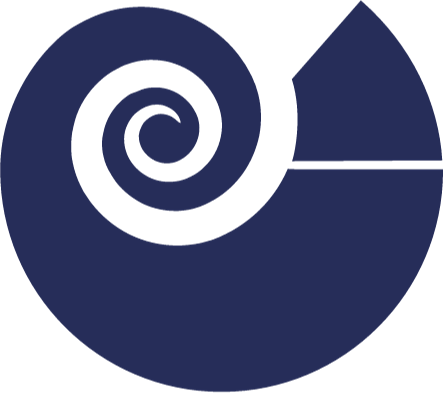Medical hypnosis is an increasingly popular treatment method within the healthcare industry.
For professionals looking to expand their skills, taking a thorough medical hypnosis course is essential.
On this page you will find a complete overview of our medical courses.
Furthermore, you will find all kinds of overview articles in case you need more background information.
Our medical training offerings
Our information articles
Training Overview
Medical hypnosis training for adults acute and planned care (HypnoMed)
In adult medical hypnosis (hypnotherapy), you will learn how to combat anxiety, pain and stress through communication techniques with or without hypnosis.
You will learn particularly powerful pain management techniques that can also be used in procedures.
Medical hypnosis in children training
In Medical Hypnosis with Children, you will also learn to combat anxiety, pain and stress, this time with children.
Day 1 and 2 of both courses are the same
Days 1 and 2 of both medical courses are the same and are taken together.
From days 3 and 4, specialization to adults or children follows.
This means that if a healthcare professional wants to take both courses, continuing for days 3 and 4 is sufficient.
Evidenced based
For techniques of induction into hypnosis, we use induction methods scientifically validated by the University of Zurich.
The states of hypnosis are also scientifically established.
Sign up for medical hypnosis training courses
Medical hypnosis training courses cover a variety of healthcare professionals who play a crucial role in healthcare.
These include physicians, nurses, physical therapists, and other paramedical professionals such as occupational therapists and speech therapists.
These professionals work closely together to provide patient-centered care and are prepared for this interdisciplinary collaboration during their training.
Participation in medical hypnosis training programs typically requires a college level of thought and work, with students needing a solid foundation in both theoretical knowledge and practical skills to effectively address the complex challenges in the medical field.


